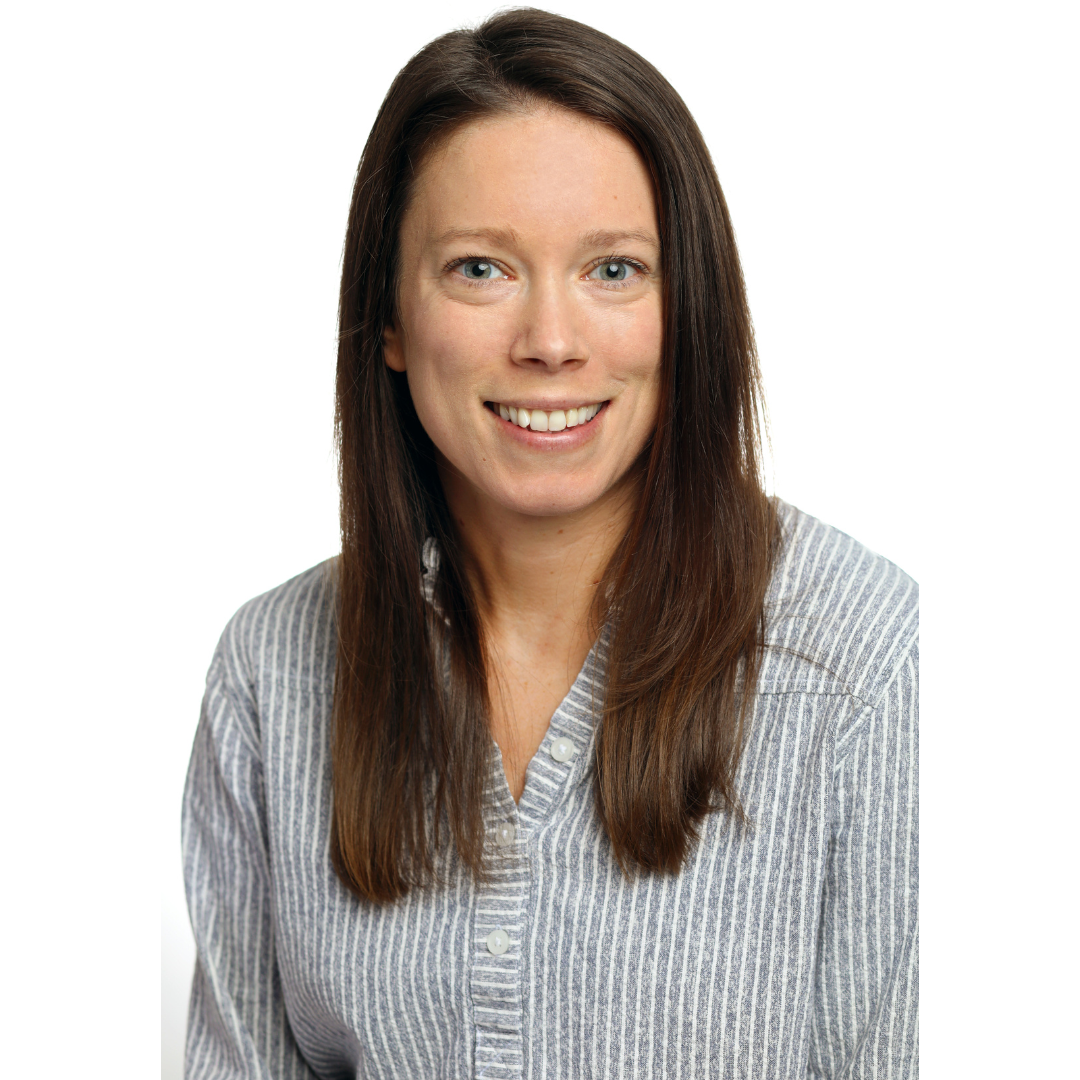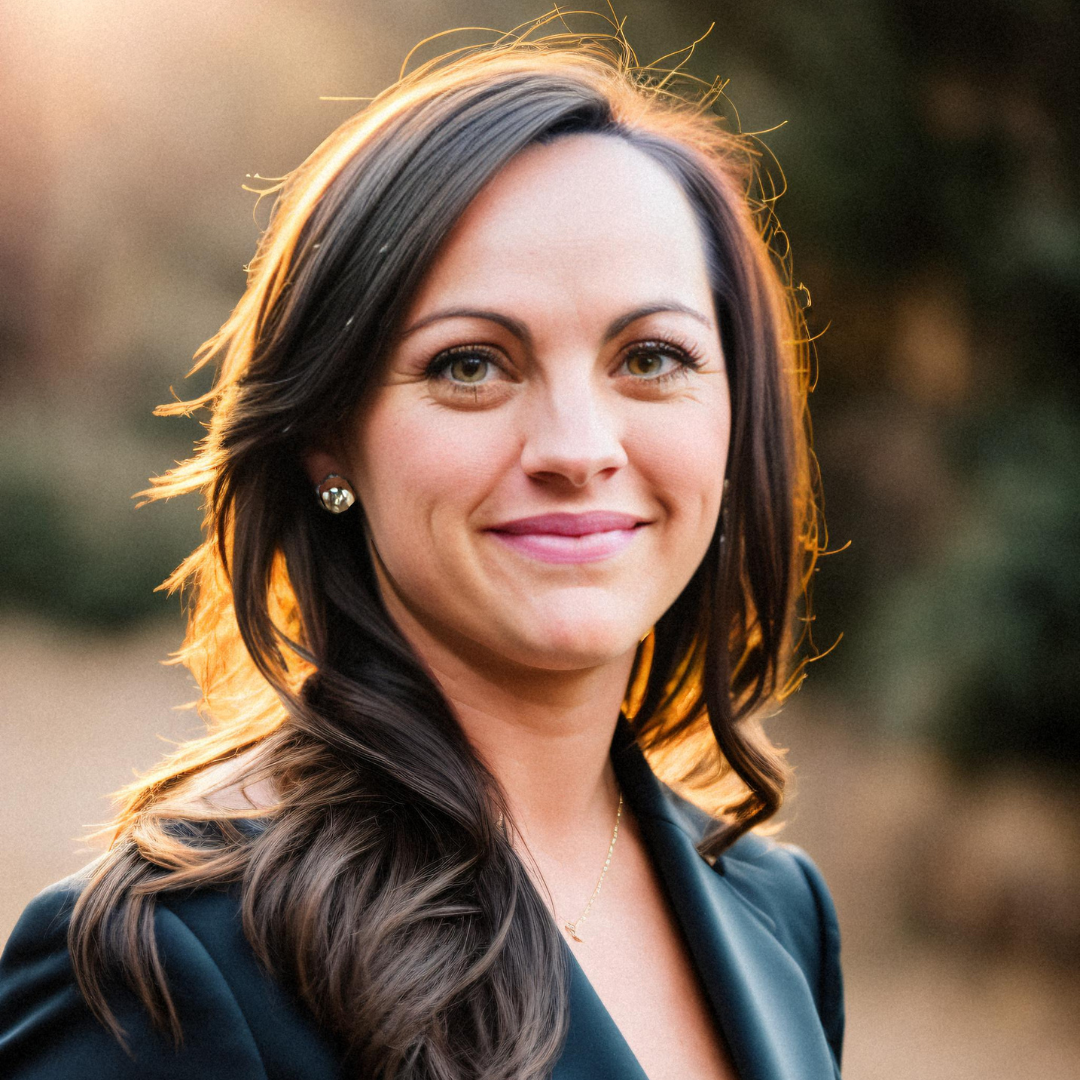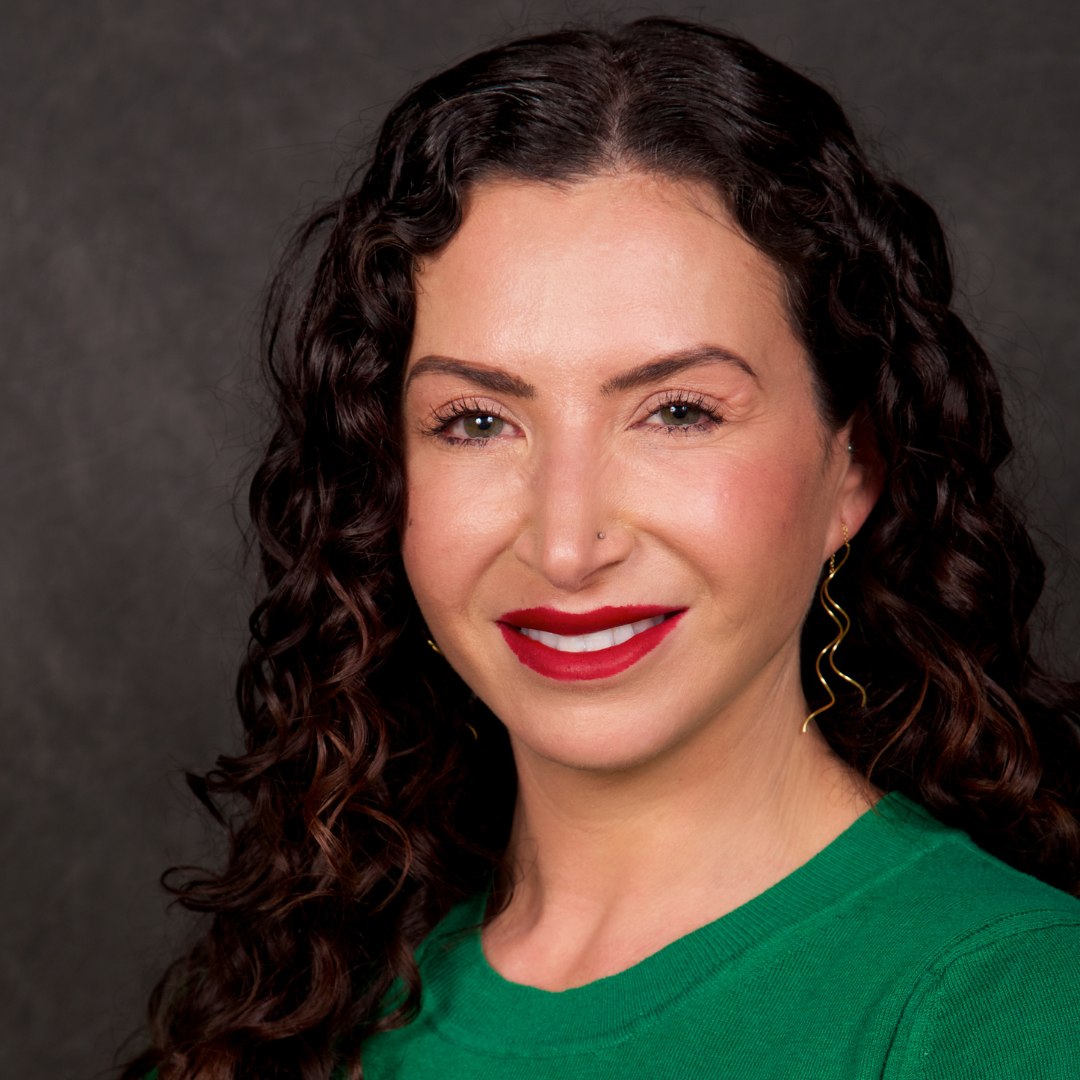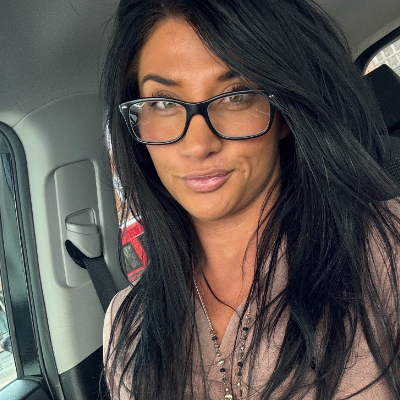Mortgage Products
1. FHA Loans
A Federal Housing Administration (FHA) loan is a government-backed mortgage designed for low-to-moderate income borrowers. It requires a lower minimum down payment (as low as 3.5%) and allows lower credit scores compared to conventional loans. FHA loans are especially beneficial for first-time homebuyers. However, borrowers must pay mortgage insurance premiums (MIP) for the life of the loan unless refinancing into a conventional loan.
Key features:
- Lower down payment requirements (3.5%).
- Flexible credit score requirements.
- Mortgage insurance is required.
2. Jumbo Loans
A Jumbo loan is a type of mortgage that exceeds the loan limits set by the Federal Housing Finance Agency (FHFA). These loans are used to finance luxury properties or homes in high-cost areas. Because they are not eligible for purchase by Fannie Mae or Freddie Mac, jumbo loans often have stricter qualification requirements, including higher credit scores, larger down payments (20% or more), and lower debt-to-income ratios.
Key features:
- Loan amounts exceed conforming limits.
- Stricter qualification standards.
- Typically higher interest rates.
3. VA Loans
A VA loan is a mortgage option available to veterans, active-duty service members, and eligible surviving spouses. It is backed by the U.S. Department of Veterans Affairs and offers benefits like no down payment requirement, competitive interest rates, and no private mortgage insurance (PMI). VA loans also have more lenient credit requirements and limit closing costs for borrowers.
Key features:
- No down payment required.
- No PMI
- Lower interest rates.
4. Construction Loans
A Construction loan is a short-term loan used to finance the construction of a home or other real estate project. Borrowers can use these funds to cover the cost of land, materials, labor, and more. Once construction is complete, the loan can be converted into a permanent mortgage, or the borrower can obtain a new loan to pay off the construction debt. These loans usually have higher interest rates and are structured in phases, with funds released as the construction progresses.
Key features:
- Short-term financing for building projects.
- Higher interest rates.
- Often converts to a traditional mortgage once construction is complete.
5. Conventional Loans
A Conventional loan is a mortgage not insured or guaranteed by the government (unlike FHA, VA, or USDA loans). These loans typically require a higher credit score and a larger down payment (usually 5% to 20%). They come in two forms: conforming loans, which meet the loan limits set by the FHFA, and non-conforming loans, which exceed these limits (such as jumbo loans). Conventional loans are popular due to their competitive rates and flexibility.
Key features:
- Not government-backed.
- Requires higher credit scores.
- Flexible loan options.
6. Lot Loans
A Lot loan is used to finance the purchase of land on which the borrower plans to build a home. Unlike a construction loan, a lot loan covers only the cost of the land, and the borrower must arrange separate financing for the construction. Lot loans can have shorter terms and higher interest rates than traditional mortgages due to the risk associated with vacant land.
Key features:
- Used to purchase land only.
- Higher interest rates.
- Often requires larger down payments.
7. USDA Loans
A USDA loan, backed by the U.S. Department of Agriculture, is designed to help low- to moderate-income borrowers in rural areas purchase homes with zero down payment. USDA loans have competitive interest rates and low mortgage insurance costs. However, the home must be located in an eligible rural area, and there are income limits based on the borrower’s location.
Key features:
- No down payment required.
- Competitive interest rates.
- Property must be in a USDA-eligible area.
8. Non-Qualified Loans
Non-Qualified Mortgage (Non-QM) loans are mortgages that do not meet the requirements for a qualified mortgage as defined by the Consumer Financial Protection Bureau (CFPB). These loans cater to borrowers who may not have the traditional income documentation required by conventional loans. Non-QM loans are ideal for self-employed individuals, real estate investors, or those with irregular income. They offer more flexible underwriting guidelines and allow for alternative income verification methods such as bank statements. Interest rates on Non-QM loans may be higher, reflecting the increased risk for lenders.
Key features:
- Flexible qualification requirements.
- Suitable for self-employed or those with irregular income.
- Higher interest rates and down payment requirements.
9. Fixed-Rate Mortgages
A Fixed-Rate Mortgage offers a stable interest rate and monthly payment over the life of the loan. Common terms are 15, 20, and 30 years. This is the most popular mortgage type because it offers predictability in terms of monthly payments, making it easier to budget. While the initial rates may be higher than ARMs, they do not change, protecting homeowners from rate increases.
Key features:
- Fixed interest rate for the life of the loan.
- Predictable monthly payments.
- Terms range from 15 to 30 years.
10. Adjustable-Rate Mortgages (ARM)
An Adjustable-Rate Mortgage (ARM) offers an initial period with a fixed interest rate, typically lower than fixed-rate mortgages, making it attractive for short-term buyers. After the fixed period ends (usually 5, 7, or 10 years), the interest rate adjusts periodically based on a market index plus a margin. Adjustments may happen annually or semi-annually. ARMs are ideal for homeowners who plan to sell or refinance before the adjustment period, but they come with the risk of rising rates after the initial fixed period.
Key features:
- Lower initial interest rate.
- Periodic adjustments after the fixed period.
- Rate caps to limit how much the rate can increase or decrease.
Each of these mortgage products serves a specific borrower’s need, offering various benefits and conditions that suit different financial situations, property types, and long-term goals. Whether it’s purchasing a dream home, investing in land, or needing flexible qualifications, there’s a mortgage solution to meet diverse borrower profiles.











